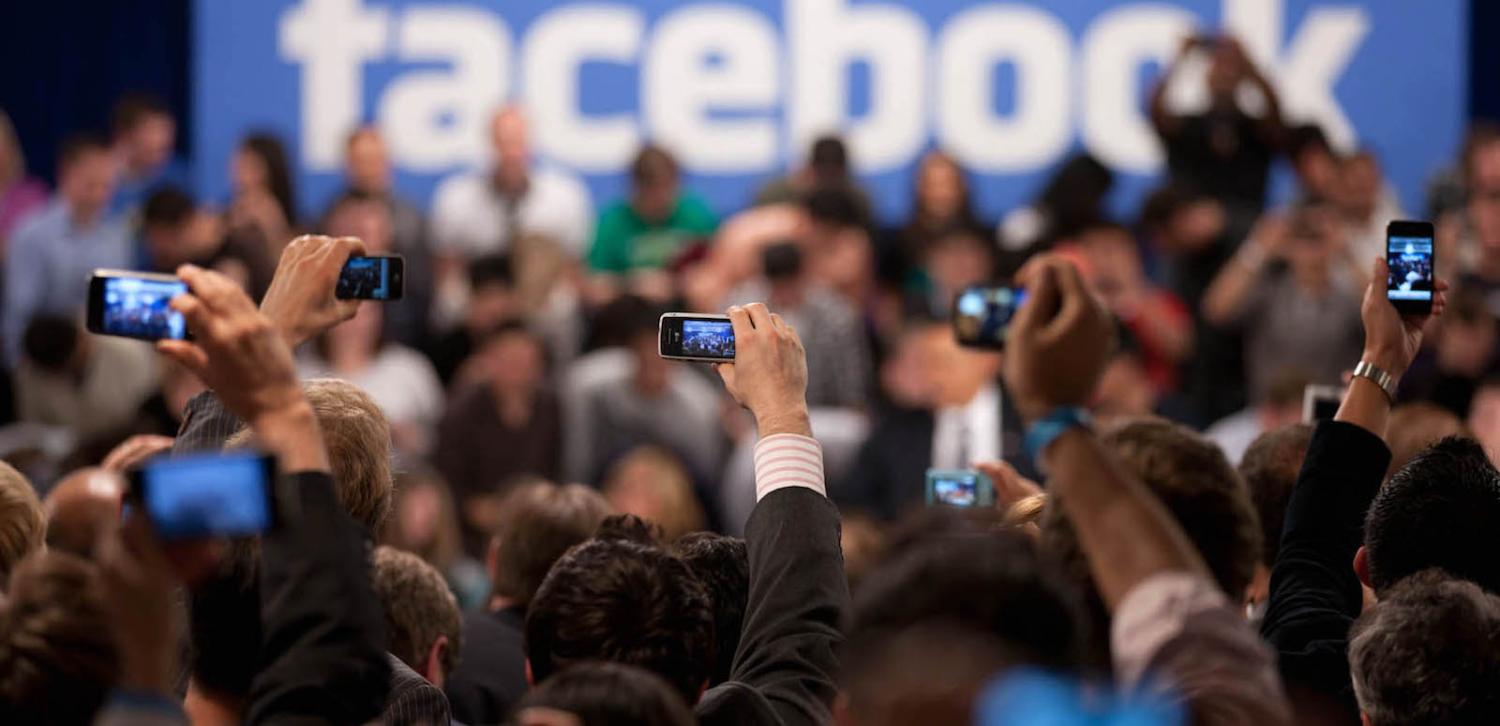Mark Zuckerberg’s Facebook post, marking 15 years since he hatched the social network in his Harvard dorm, claims Facebook has the potential to be “profoundly positive” for years. Certainly, Facebook has changed diplomacy by changing the way people connect and communicate.
But, despite high hopes and good intentions, diplomacy has not found the world’s largest communications platform to be an easy or effective way to improve engagement across borders.
There’s a fundamental challenge for diplomats posed by Facebook (and the internet in general): they are no longer the main source of information about international affairs, nor the sole actors in international engagement. The old hierarchies of access and intelligence were shaken from their slumber to find the conversations going on behind their back.
There’s a fundamental challenge for diplomats posed by Facebook: they are no longer the main source of information about international affairs, nor the sole actors in international engagement.
Early efforts to use social media to engage with various international audiences and attempt to sway “hearts and minds”, such as US State Department’s “diplomacy 2.0” programs to counter anti-American sentiment in the Middle East, now seem naïve. The road to a few Facebook flame wars was paved with good intentions.
A related problem arises out of the ease with which malicious international actors can muddy the waters of public communication that underpins democratic societies, as occurred in the last US presidential election. To date, proposed responses, based on increasingly social media literacy and civic conversations, seem similarly naïve.
Attempts by diplomats to catch up and join the global discussions have had to grapple with successive obstacles. Some of these result from organisational inertia in diplomatic institutions. Some are contained in Facebook’s networked structure, which has developed over the last 15 years in ways that have not assisted digital diplomacy.
The first major way Facebook changed online social communication was the 2006 introduction of the Newsfeed, which pushed information from profile pages onto a personalised feed and ordered it by recording and interpreting user behaviour, beginning the age of algorithmic editorial and distribution. This personalised curation of content effectively makes it less likely that digital publics will see Facebook posts from diplomats.
The second, the 2009 introduction of the “like” button, turned social media into a competition for engagement metrics and dragged diplomacy into the age of the selfie. This has spun-off into the counting and rankings of world leaders on Facebook as an apparent sign of their international influence, which it’s not. These “vanity metrics” provide easily quantifiable measures of levels of attention (which can be useful) but are often, wrongly, used as indicators of performance.
The third shift, the extended development of Facebook’s mobile application, often overlooked, has changed communications by making Facebook a constant presence, relentlessly seeking updated or new content and attention, and ushering previously staid, steady diplomacy into the era of the hot take. On Twitter, this has resulted in some feisty public exchanges, but Facebook appears to be less used as a site for hostility or heated protests by either officials or digital publics.
It’s not all bad news. Mobile apps also put Facebook in the hands of many people in countries where mobile phones are cheap enough and mobile telecommunications infrastructure good enough for the devices to be the main way of communicating. This has created opportunities for connection to poorer digital publics.
Australia’s Facebook diplomacy, according to two years of data analysis I have undertaken and previously written about for The Interpreter, (see: Digital diplomacy @DFAT) has been especially useful in countries which are smaller, poorer, and closer. (Australia’s Facebook page in Timor Leste is followed by about 30% of the local Facebook population.)
Forthcoming analysis suggests that DFAT digital diplomacy varies greatly in terms of the types of content it publishes on Facebook. This is a reflection of the increasing variety of tasks and duties performed by diplomatic missions in general.
Australia uses Facebook to:
- Propagate Australia’s official positions on international matters;
- Promote Australia as a tourist and educational destination and advise potential immigrants about visa requirements;
- Showcase bi-lateral relations including Ministerial visits and official functions;
- Commemorate significant days in the Australian and international calendar;
- Run competitions;
- Advertise jobs;
- Highlight cultural and social events;
- Report on development assistance and disaster relief, and so on.
Most of Australia’s Facebook posts are largely ignored, which does not indicate failure so much as the limitations inherent in using Facebook and hoping to reach a large audience for free.
Some posts, mostly those that are useful and relevant, receive a lot of attention. Examples include warnings against immigration scams in Malaysia, advice for Australians based in Hong Kong (the second largest overseas Australian population) on how to vote, and notices about Australia Awards scholarships in Fiji, Indonesia, and Myanmar.
These examples show how Facebook can be modestly successful and on occasion quite important – not really a communications revolution for diplomats, more like a handy, recommended upgrade.
